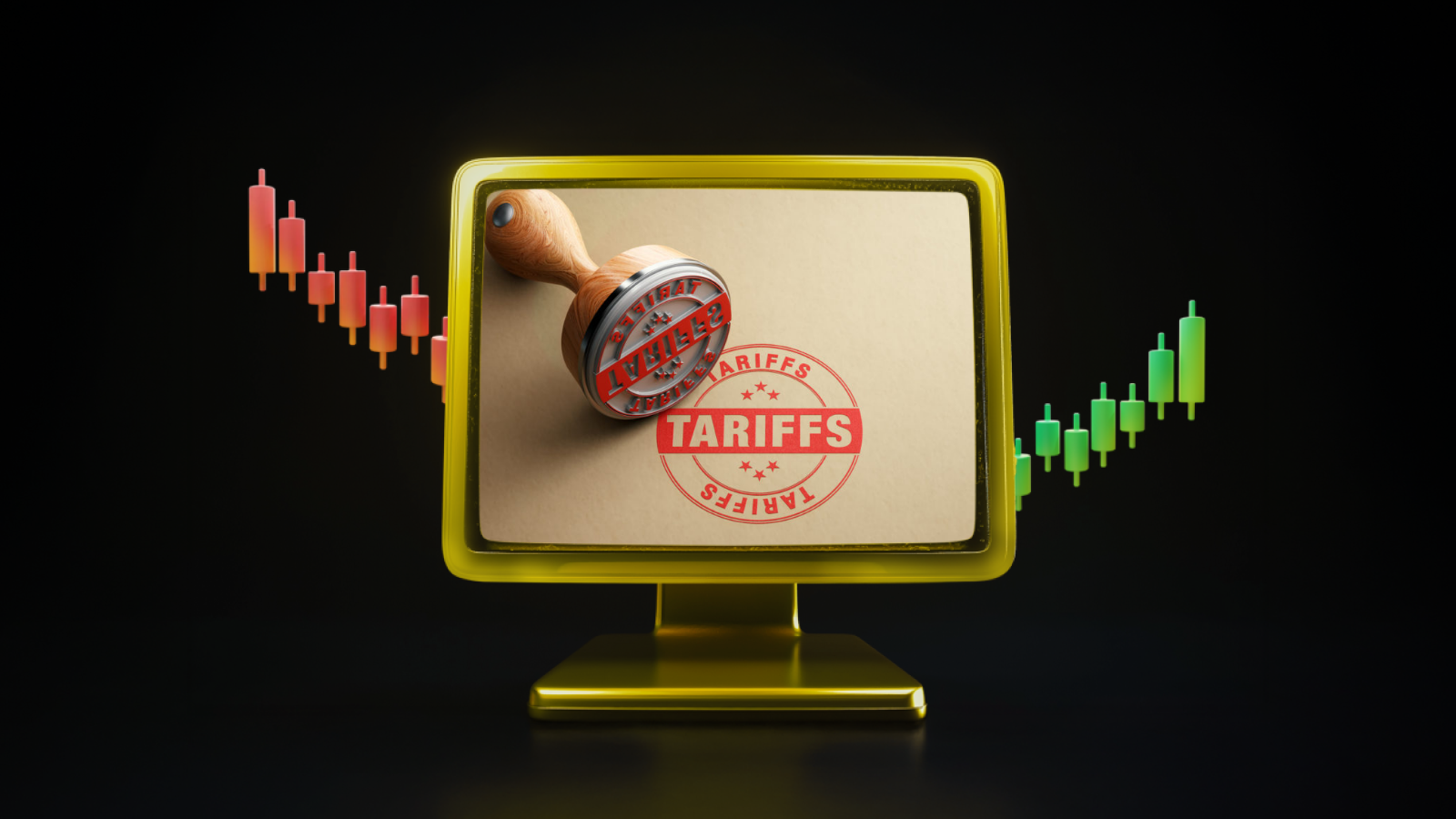Introduction
In 2020, the pandemic measures and restrictions imposed worldwide due to the COVID-19 outbreak caused serious disruptions in the supply chain, resulting in supply constraints. This has been one of the most important causes of the global chip crisis.
Another important factor affecting the chip crisis was the rapid increase in demand for high-tech products during this period. During the pandemic, demand for computers, tablets, smartphones and other technological products reached extraordinary levels, but companies with limited production capacity were unable to meet this demand.
In addition, the trade war between the US and China and the economic sanctions imposed also deepened the chip crisis. In particular, the restrictions imposed on major Chinese technology companies such as Huawei have limited their access to US-origin technologies and suppressed production in China. This led to a further escalation of the global chip crisis. One of the most important reasons for the impact of the crisis is that China has a large share in low and medium segment chip production on a global scale.
The main factors causing the chip crisis:
- COVID-19 pandemic and supply chain disruptions in 2020
- Increasing demand for technological products and limited production capacity
- Trade wars and economic sanctions between the US and China
Will Donald Trump’s Re-election Cause a New Chip Crisis?
Donald Trump’s desire to reimpose the high tariffs and sanctions imposed on China during his previous presidential term (2017-2021) stands out as one of the most important factors that may limit China’s chip manufacturing capacity. In particular, SMIC, one of China’s largest chip manufacturers, is expected to be restricted in its access to US-origin technologies.
In addition, the Taiwan crisis, one of the geopolitical risks that have increased in recent years, may become one of the main threats to global chip supply. Trump’s deepening of the Taiwan crisis in order to increase pressure on China is among the factors that could trigger a possible chip crisis. Taiwan’s 60% share in global chip production is one of the biggest proofs of this situation. Therefore, a possible crisis in Taiwan could lead to serious disruptions in global chip supply.
On the other hand, the domestic production policies that Trump plans to implement during his new presidency may cause a slowdown in US chip production in the medium and long term. The main reason for this is that the current chip production capacity of the US is heavily dependent on China.
General Evaluation and Expectations
In conclusion, the root causes of the global chip crisis include supply chain disruptions caused by the COVID-19 pandemic, increasing demand for high-tech products, and the US-China trade war.
Factors such as the re-election of Donald Trump as president, the re-imposition of sanctions against China, the deepening of the Taiwan crisis, and the US shift towards domestic production have the potential to create a new crisis in chip supply. Such policies are likely to lead to supply disruptions and market imbalances, especially given the critical role of China and Taiwan in global chip production.



